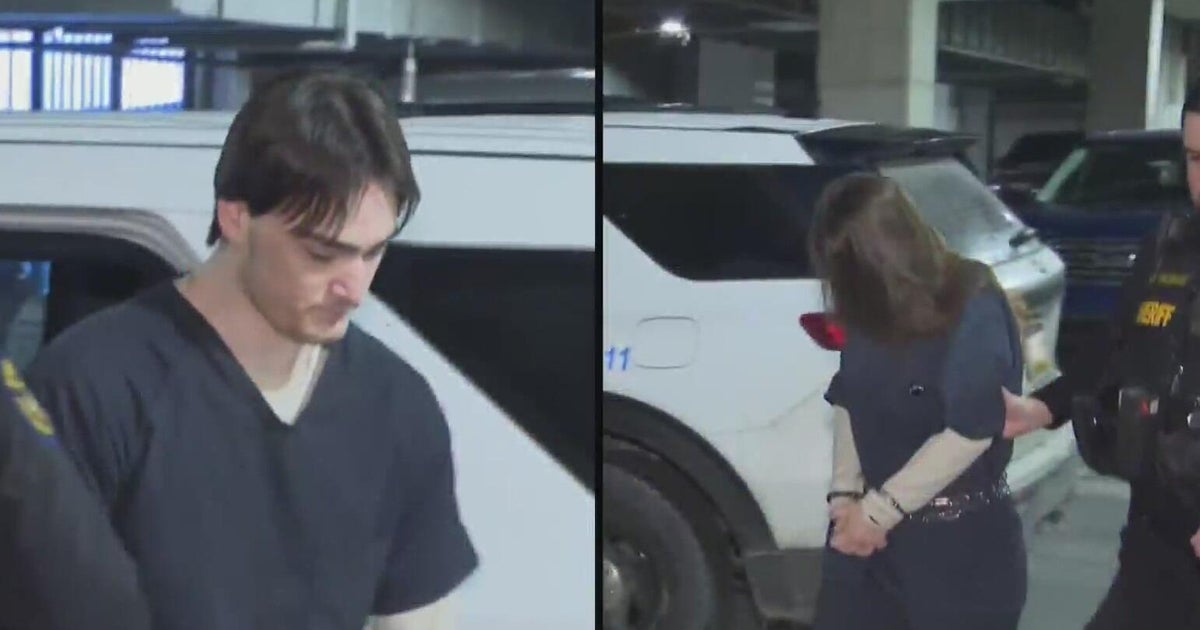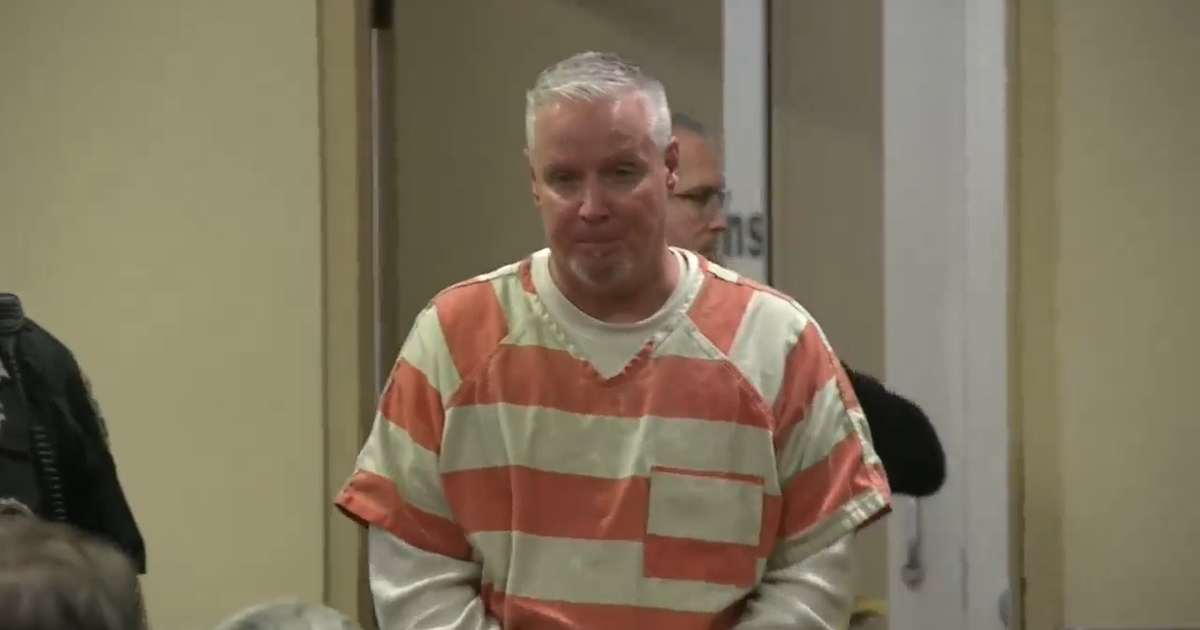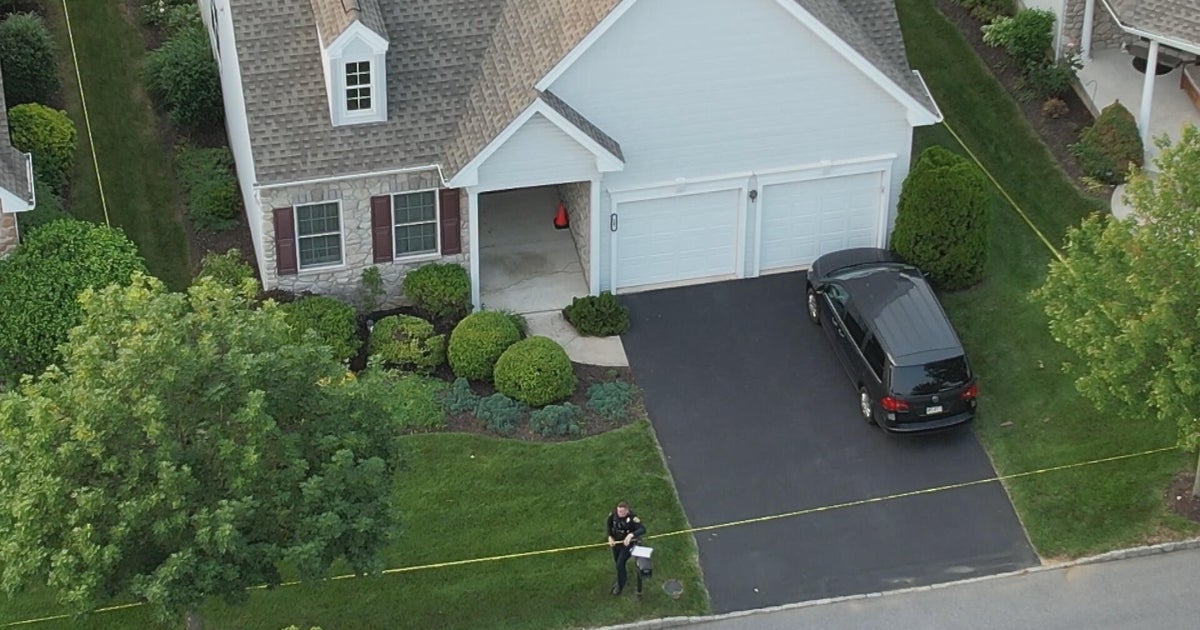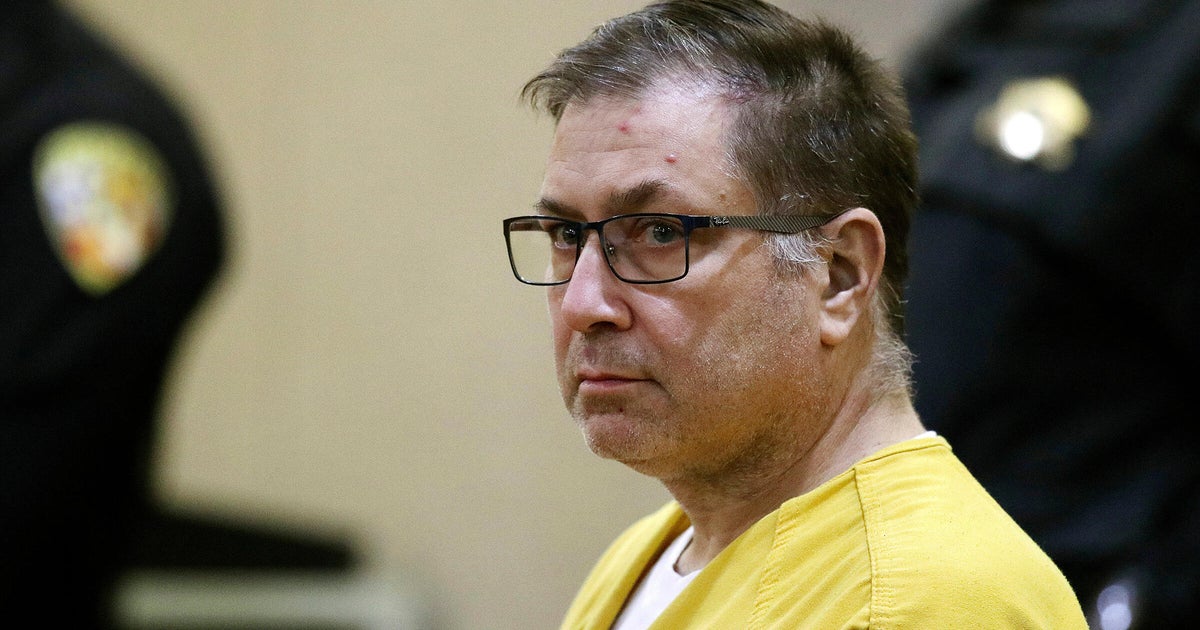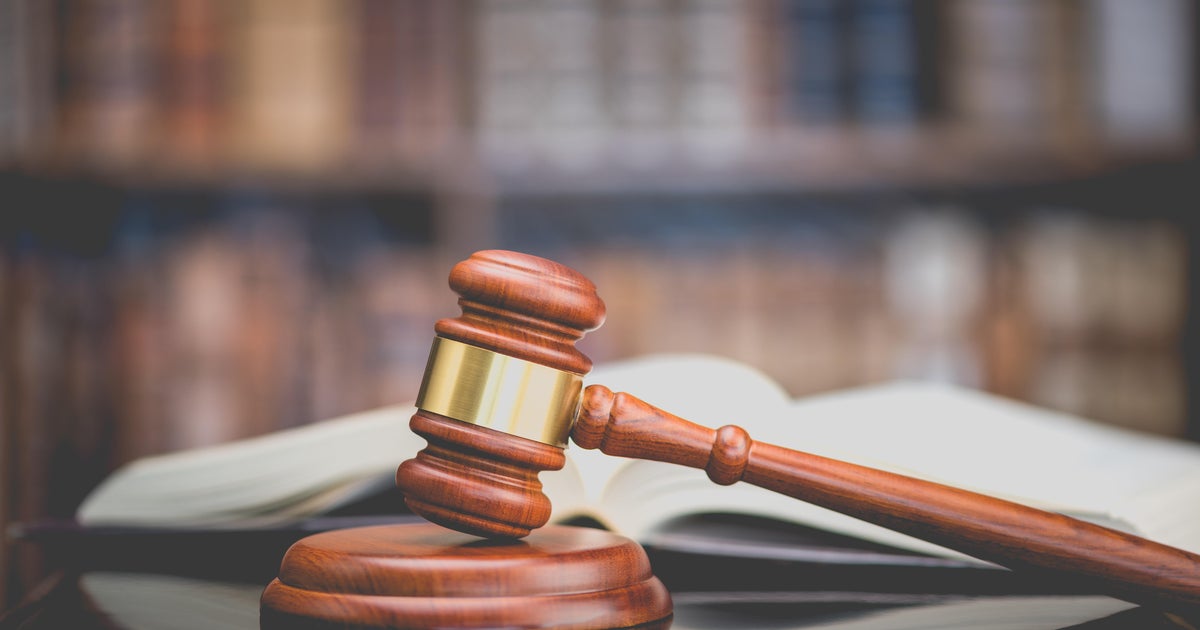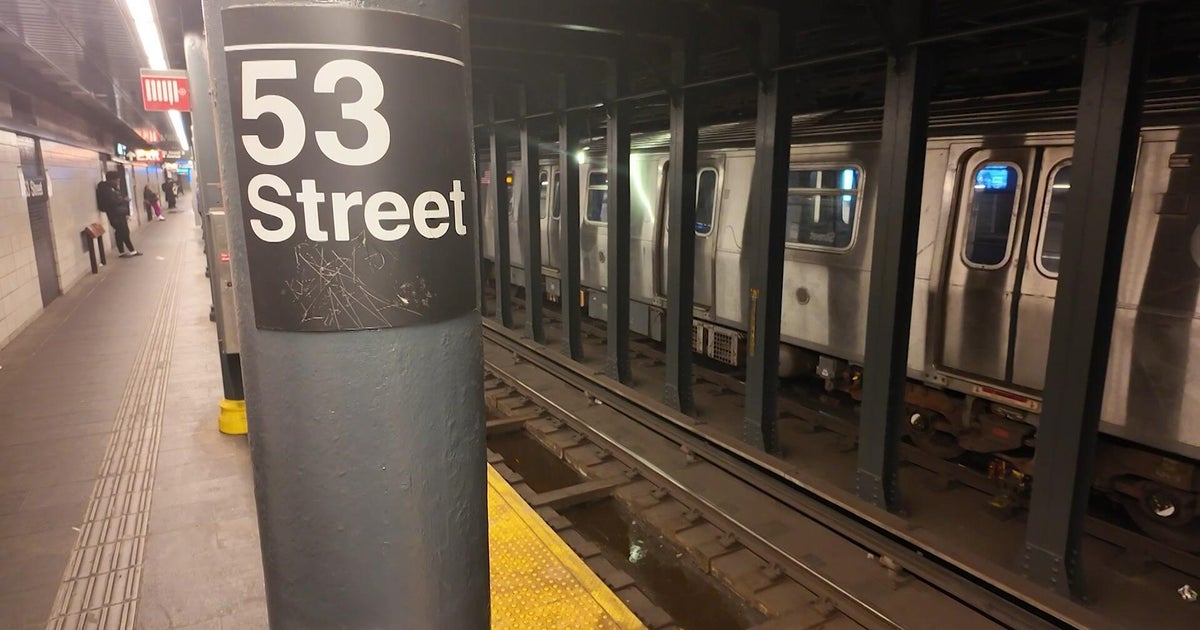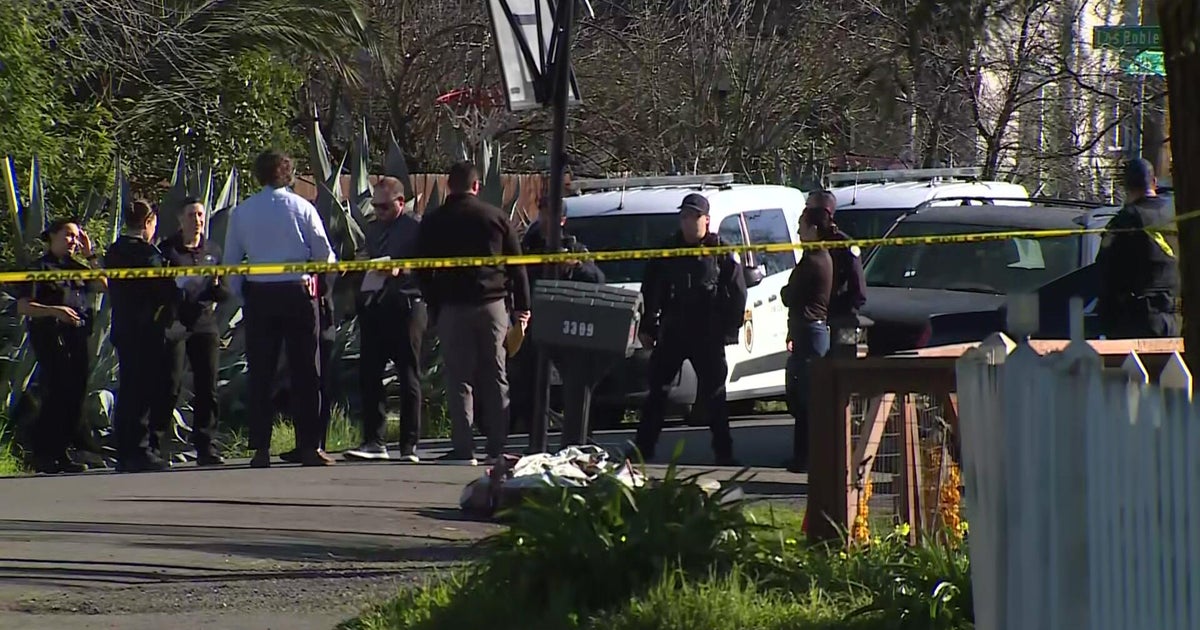Evidence Daniel Penny's legal team wanted suppressed can be used in subway chokehold trial, judge rules
NEW YORK — A judge has ruled comments Daniel Penny made to responding officers after Jordan Neely's subway chokehold death can be used as evidence at his trial.
Thursday, Penny's attorneys argued to suppress comments Penny made to officers at the scene and during a videotaped station house interview. His attorneys said those statements were made as Penny was illegally detained and not under arrest, but prosecutors said they were obtained legally, and the judge agreed.
The 25-year-old has pleaded not guilty to second-degree manslaughter and criminally negligent homicide charges in the May 1, 2023 chokehold on an F train in SoHo.
Jury selection in the case is expected to start Oct. 21. If convicted, he faces up to 20 years in prison.
Video in question shows NYPD interview Penny
In the video played in court Thursday, Penny told the detective that Neely was acting aggressively, throwing things and threatening to kill people on the train. He said when Neely approached him, Penny put him in a chokehold.
"I'm not trying to kill the guy. I'm just trying to deescalate the situation," he told the detective.
A detective testified that several witnesses, including Penny were brought in to explain what happened. Penny was not under arrest, but he was read his Miranda rights, which he waived to answer questions.
Multiple NYPD officers and detectives were called to the stand Thursday, as the stationhouse interview and police body-worn camera videos were played. Several officers testified they felt a faint pulse on Neely when they arrived, so they did not perform CPR right away. Neely was given Narcan and CPR was eventually administered, but he died at the hospital.
The medical examiner later ruled his death a homicide.
Prosecutors say Neely, a 30-year-old subway performer who struggled with homelessness and mental illness, needed help and the system failed him, and they allege Penny used excessive force.
Social media video of Neely's death sparked nearly two weeks of demonstrations across the city, with growing calls for Penny to face charges. Others around the country rushed to Penny's defense, raising millions of dollars for his legal defense.
Penny was charged 11 days after the deadly encounter and was released on $100,000 bail. His attorneys filed a motion to dismiss the charges, but a judge denied their request.


